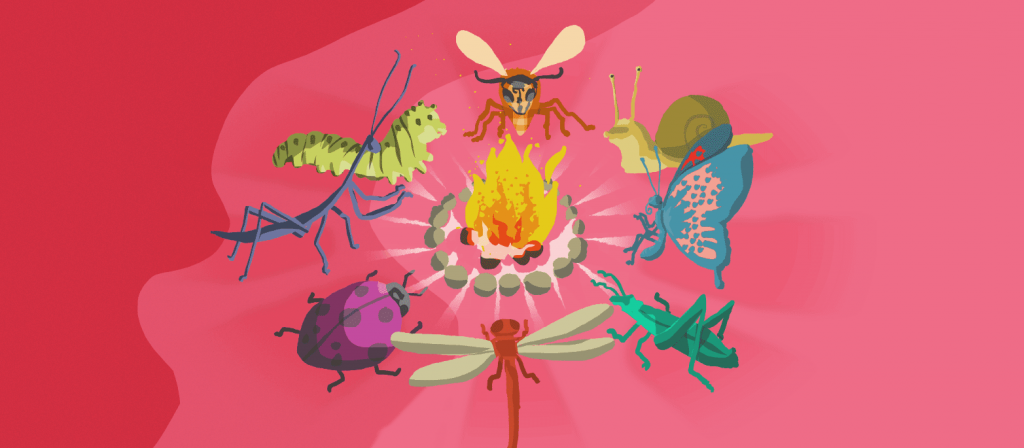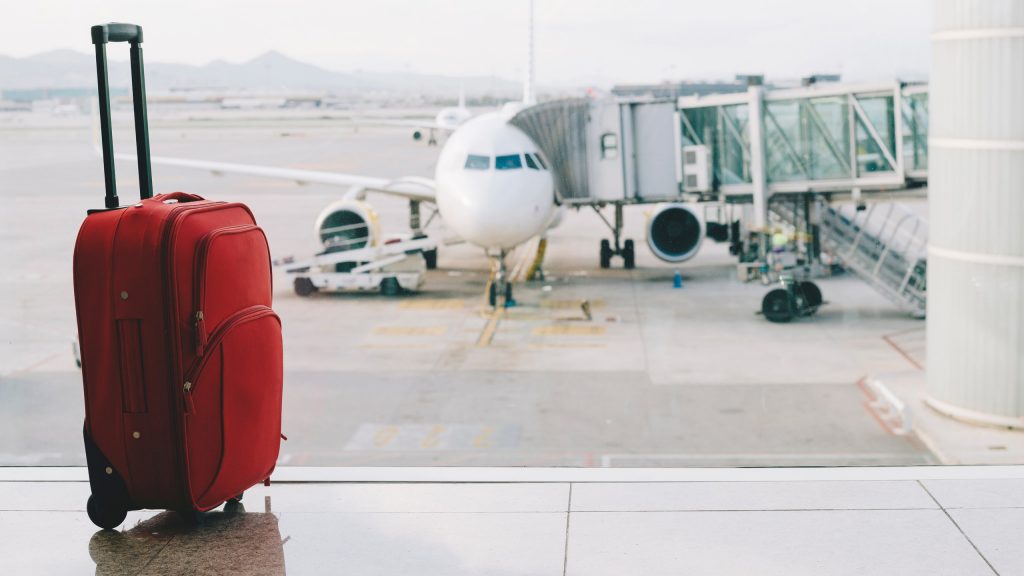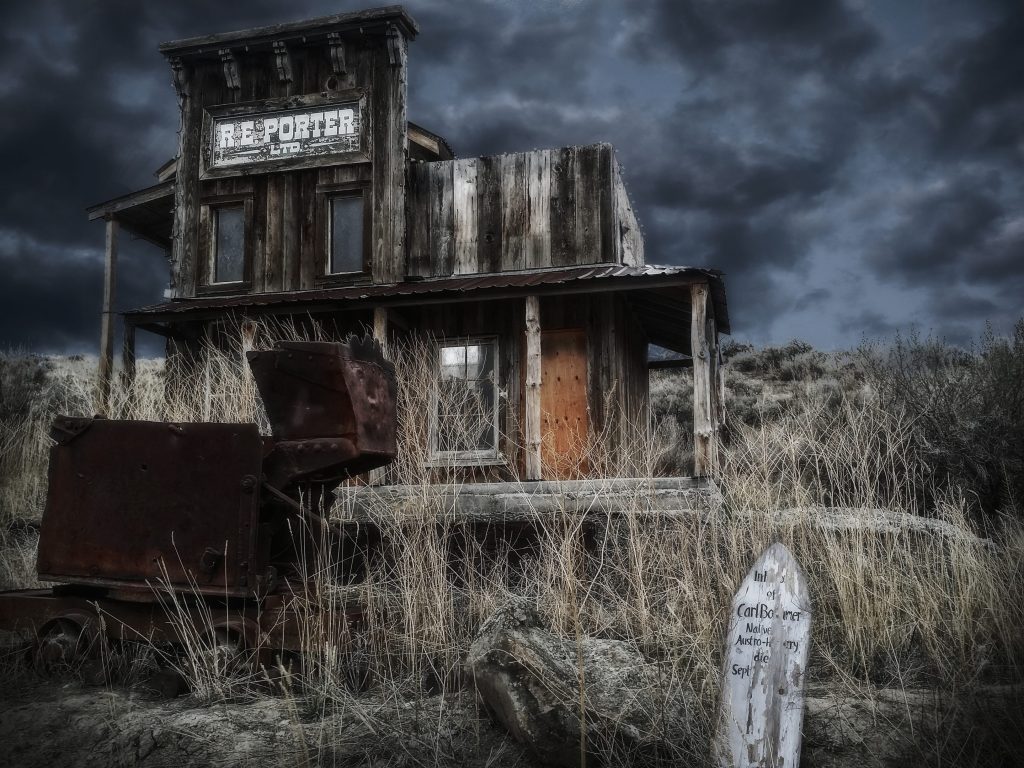
To keep your fickle customers, focus on repeatable great experiences
Customer loyalty may be overrated, but achieving it is still a challenge
Residents of my little pocket of south London are lucky to have a wide choice of coffee outlets to sit and socialise or work in. When I’m working at home and need a change of scene, I often take myself off to one of them to jolt my brain, not just with caffeine, but with a different working environment.
Lately I have favoured an independent outlet with a bright airy back room and a damn fine cappuccino but my last couple of visits haven’t quite hit the spot for me. I’ve been analysing this as, whilst I am a frequent visitor to my nearest coffee house (a chain, with adequate coffee), I want to support independent local businesses as well. Without spending too much time (metaphorically) on my own psychiatrist’s couch I have concluded that something in the experience must have changed as the product – the coffee – is as good as it’s always been.
What’s going on
Part of the reason I go to my independent is that the ambience suits 30-60 minutes of pondering and writing (that’s my creative process in a nutshell – if I wanted to sound pretentious I’d call it thought leadership) even if I’m surrounded by chatting mums (it’s invariably mums on a weekday), noisy babies and background music that’s not too obtrusive. The service has usually been pleasant enough, but something has changed: the last couple of times I have been there’s been less of a buzz and the service has seemed just a little offhand.
These are all tiny changes – was I being hyper-sensitive? (It does come with the territory of being a customer experience-obsessive…) Or was I starting to become a more fickle consumer?
No, something in my gut was telling me this wasn’t the creative crucible that I had been getting used to…
Hello, lazy brain
Obviously, it’s not my gut telling me this, it’s my brain. As behavioural scientists have observed, our brains are inherently lazy and want repeatable, dependable experiences. My lazy brain got the idea pretty quickly that my local independent coffee shop could fulfil the following equation:
Great coffee + nice ambience + OK service = productive hour’s writing
So, my immediate reaction when thinking “where can I go for a break” was to choose the independent over the nearer chain.
This theme is explored in A.G. Lafley and Roger L. Martin’s HBR paper “Customer Loyalty is Overrated” where they challenge the accepted notion that consumers make conscious purchasing choices and therefore companies are required to come up with ever-improving, fresher propositions. Behavioural psychology research suggests the opposite: our brains are not always analytical; instead they take incomplete information and fill in the missing bits based on past experience. The more often we do this in relation to an experience the more “fluent” we become. When we make a decision that just “feels right” the processing that leads to it has been fluent.
I’ll always buy some brands because I associate them with the outcomes they deliver and don’t give the choice a second thought: in this case those brands make things easy for me by providing repeatable outcomes.
This is tough for companies where service is an integral part of the experience. A product can be manufactured, packaged and priced consistently for repeatable outcomes, but add service – typically with some form of human factor involved – and the outcome is less repeatable. Coffee shops in particular try to get around this by offering monetary incentives via loyalty cards to get you to come back. It’s not an influencer though: both my chain and my independent have equivalent loyalty schemes but that’s part of my conscious choice so not part of the repeatable experience that plays to my subconscious.
The product element in a coffee shop is easily repeatable. The equally critical ambience and service factors are less so, but they can be addressed. A market leader such as Disney puts a enormous effort into ensuring that – given the potential for massive variation – it offers an overall great experience for its resort customers, through focusing on staff (sorry, cast) selection, training and development and continuous improvement of all elements of the customers’ experience.
In my case, I may have been unlucky, and some of the factors I value were just missing on a couple of occasions. But the damage has been done: my lazy brain now has to do a lot more work to find a conscious reason to go there.
Cup half full
What bugs me about corporate attitudes to customer experience is that it’s seen as expendable and something to be cut when the going gets tough. Don’t get me wrong, I’m all in favour of making it as efficient as possible – transforming underlying processes, removing friction and augmenting the experience though new technology but too often it’s a discretionary element that can be cut according to the other demands of the business. If you were running an airline you wouldn’t knowingly send faulty planes in the sky or not provide enough fuel for the journey so why take a different attitude to service?
Good coffee in my neck of the woods is easy to come by but a consistent experience that plays to my unconscious, lazy brain is a lot harder.





